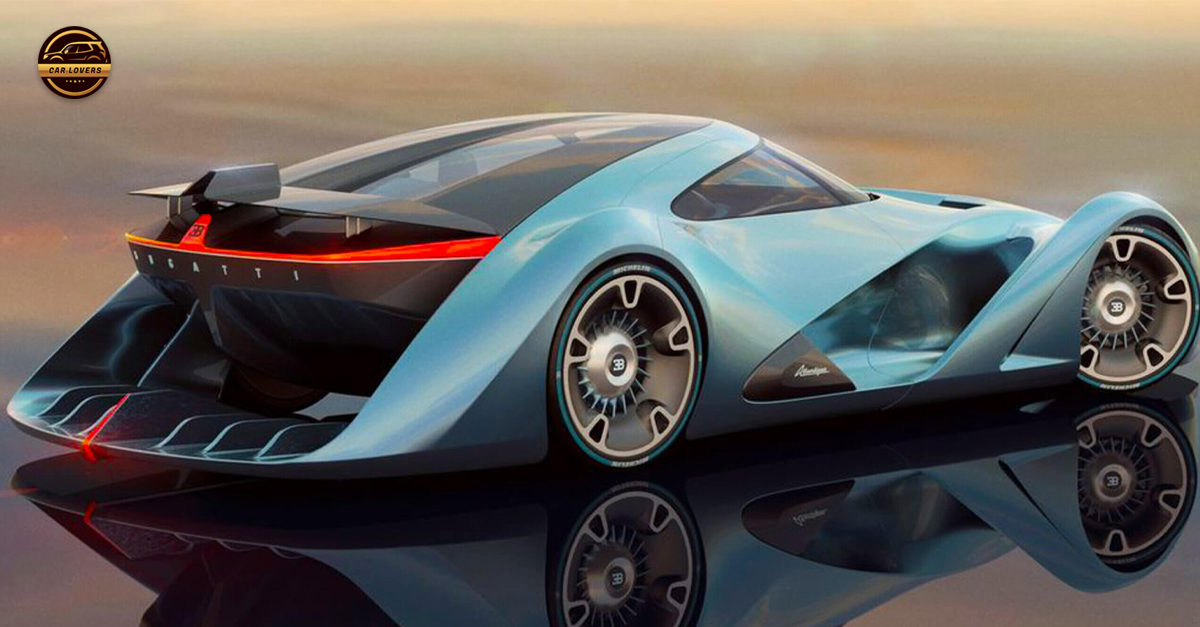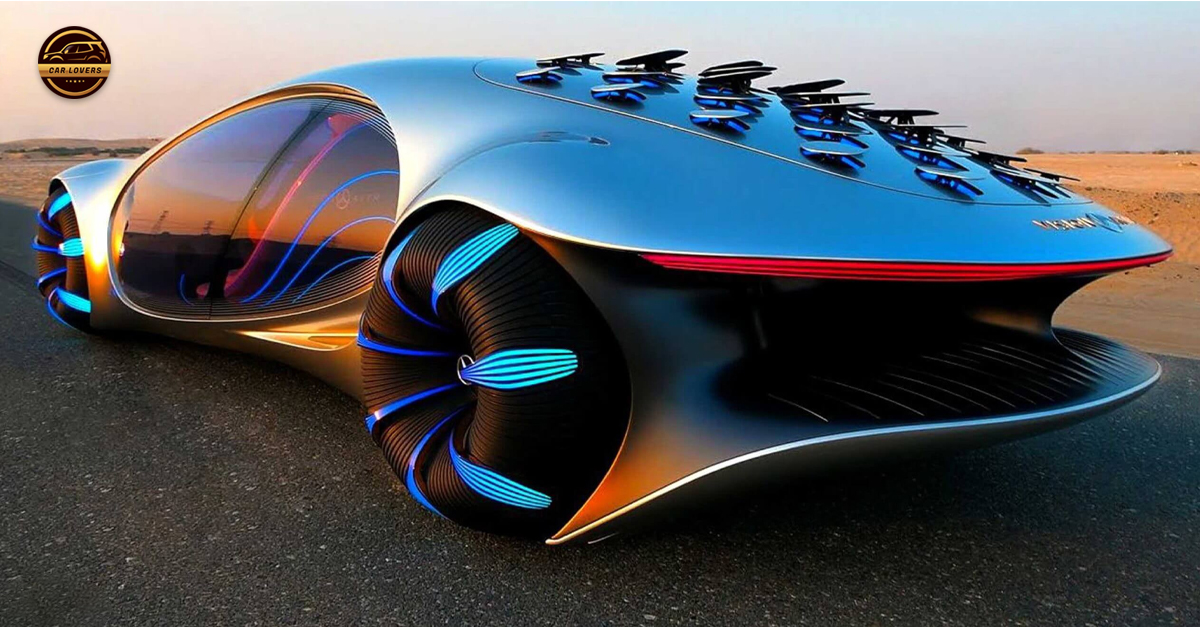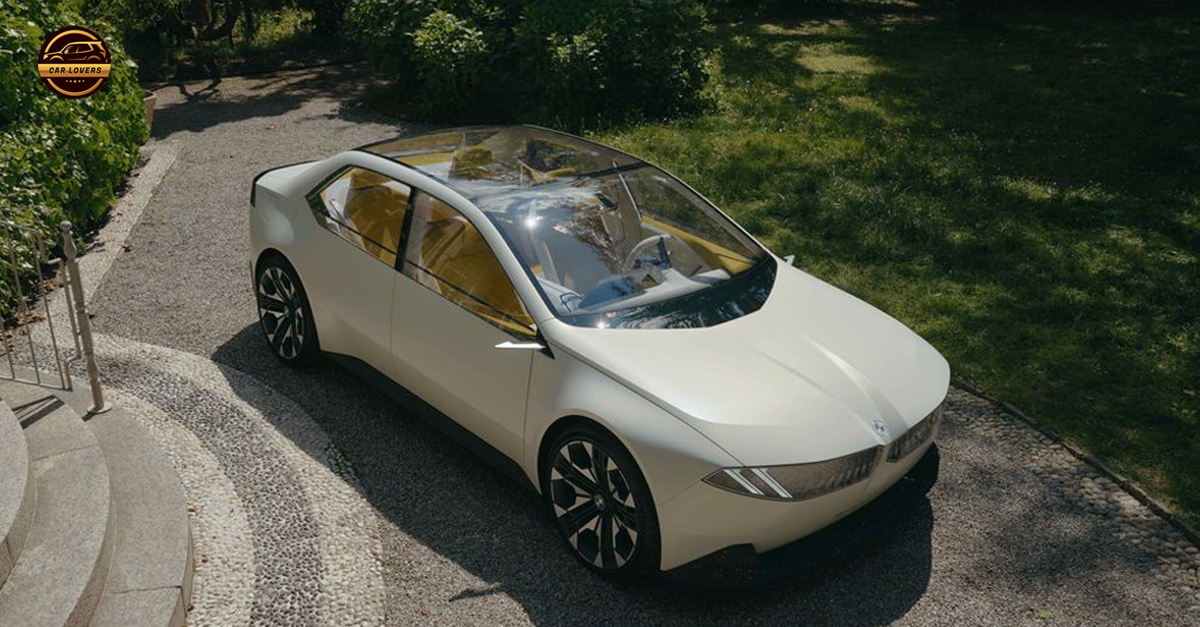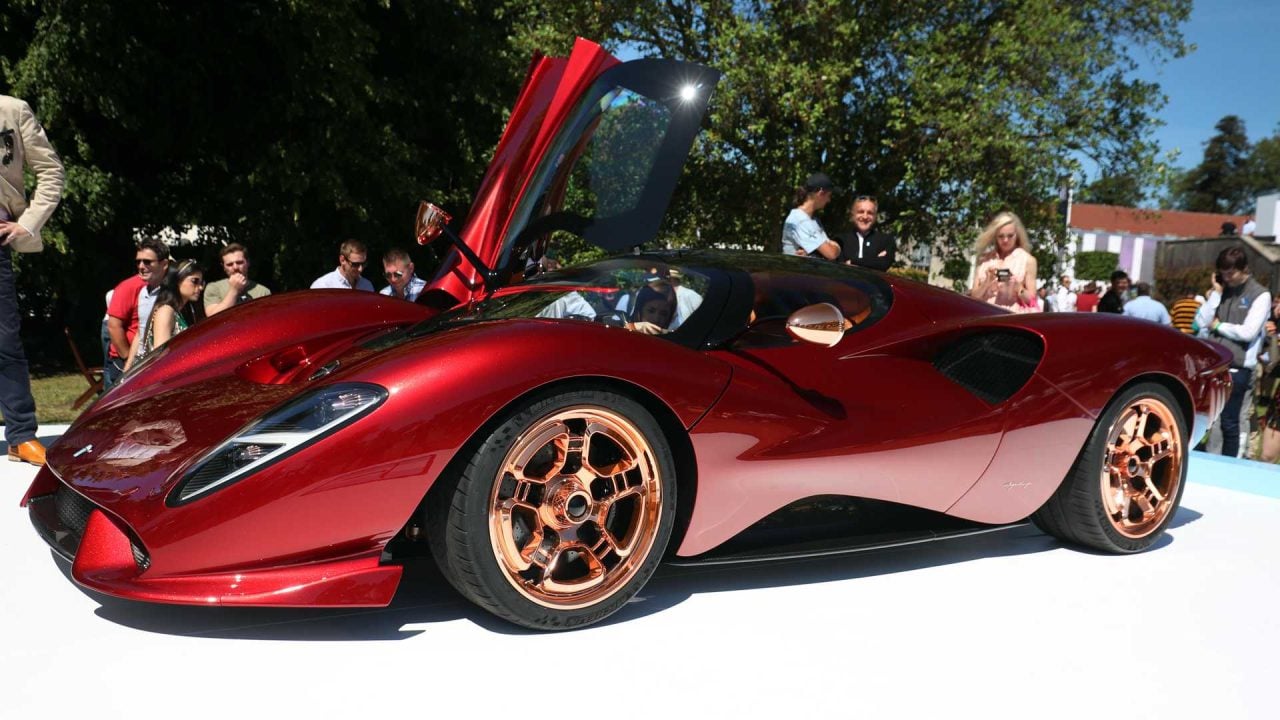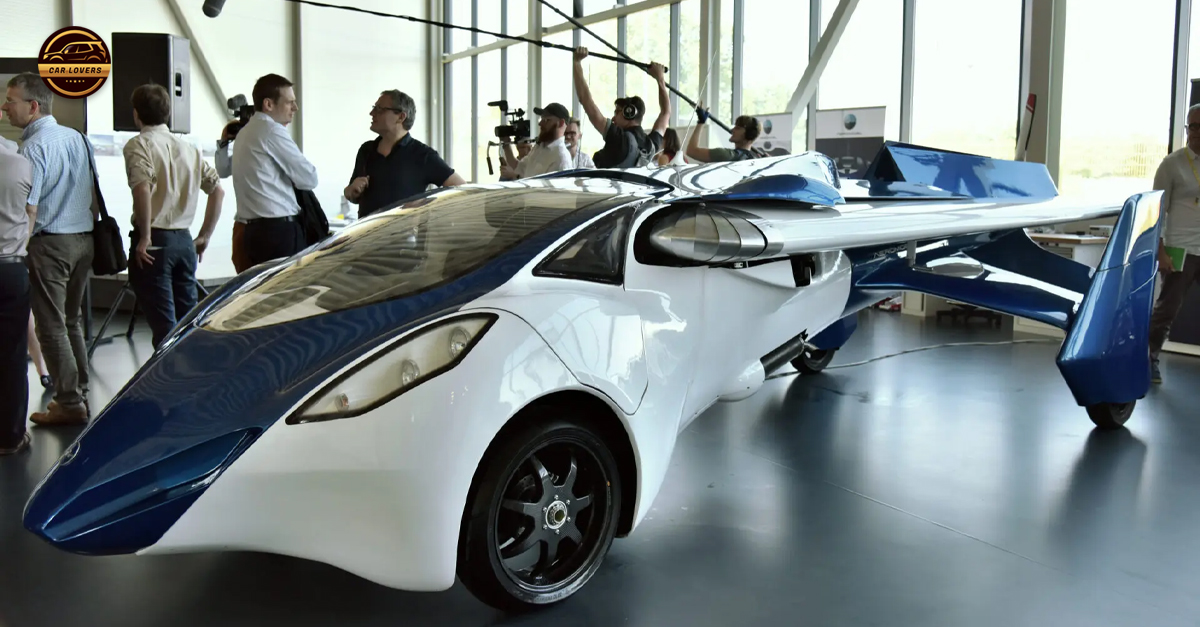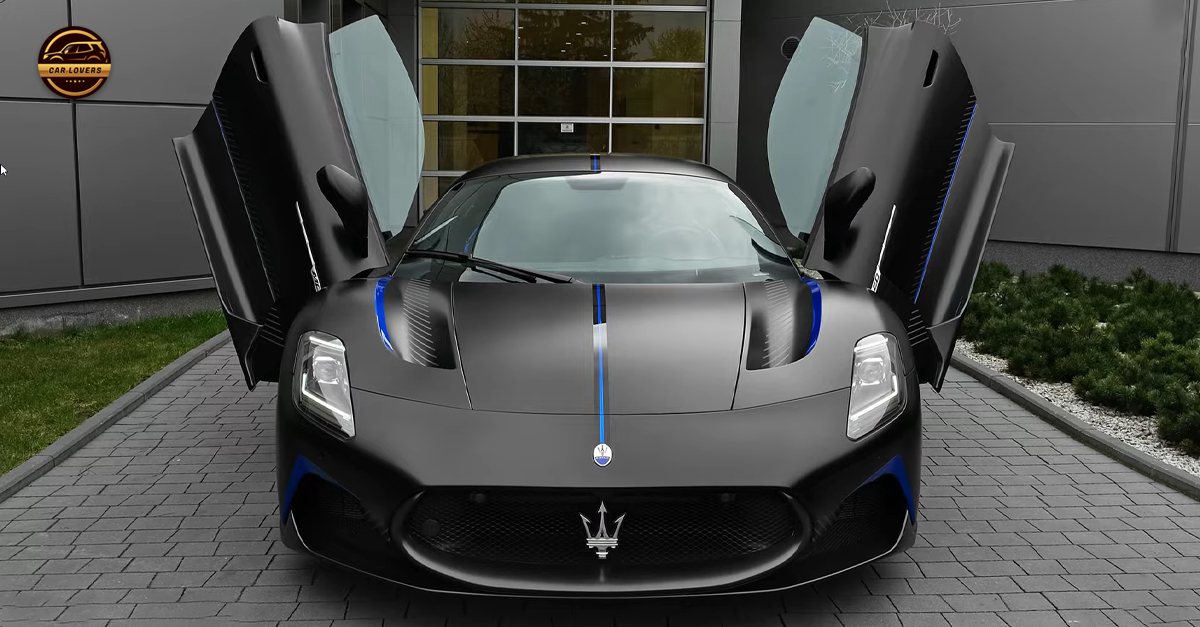When it comes to American muscle, your mind instantly goes to a large, thundering V8 engine. Cars like the Shelby Cobra, Ford Mustang, and Chevrolet Camaro all run through your head as they are some of the most iconic vehicles in the category. There is a lot of history behind American muscle, with deep roots in racing, technological advancements, and moonshine running. However, there has been a switch from some of these iconic brands to provide more fuel-efficient options for the standard muscle car models. So what are three American muscle cars you can buy today with four-cylinder engines?

Launched in 1964, the Ford Mustang is one of the most iconic American vehicles. Known for its performance, styling, and powerful V8 engine options over the years, the Mustang quickly became the most recognizable muscle car in the world. As a result, Ford decided to offer the four-cylinder EcoBoost engine option for the sixth generation of the Mustang. The EcoBoost engine is a slightly detuned version of the Ford Focus RS engine, producing 313 horsepower. In addition, Ford paired the now rear-wheel drive layout of the front-wheel drive engine with a 6-speed manual or 6-speed automatic transmission.
The sixth generation isn’t the first time a four-cylinder engine has powered a Mustang. In the late 1980s, during the “Foxbody” Mustang era, Ford offered a turbocharged 2.3-liter four-cylinder engine in the SVO model. There is also a naturally aspirated version of the same engine, although it is not very sought after.

Another iconic American muscle car, the Chevrolet Camaro, is known for its rivalry against the Ford Mustang. Since its inception in 1967, the Camaro has duked it out with the Mustang on track and at the dealerships. So much so that when Ford came out with its EcoBoost model, Chevrolet did the same for the Camaro. For the first time since the car’s third generation, the Camaro 1LT uses a turbocharged 2.0-liter four-cylinder engine. The engine produces 275 horsepower and 295 pound-feet of torque.
A new 1LT Camaro produces more torque than the V6-powered version, adding more allure to the not so “muscle” car. HotCars ranks the 1LT Camaro above all other rear-wheel-drive four-cylinder American vehicles. One advantage the Camaro holds over the Mustang is the transmission. Similarly, Chevrolet offers a six-speed manual transmission. However, the automatic in the Camaro is a 10-speed unit which provides more efficiency and better power delivery.

Last but not least, we have the Cadillac ATS. Often overlooked because of the success of the CTS models, the ATS still holds its own against the competition. Only produced between 2013 and 2019, it was available with the choice of two six-cylinder or two four-cylinder engines. The four-cylinder engines consisted of a 2.5-liter naturally aspirated or 2.0-liter turbo option. While the 2.5-liter lacked power, the turbo engine was on par with the Mustang and Camaro. The turbo engine produces 272 horsepower and 295 pound-feet of torque, enough to compete with V6 optioned muscle cars. Converting the power to the wheels is either a six-speed manual or eight-speed automatic transmission. Depending on specific model years, the turbo-equipped cars could be optioned with all-wheel drive.
Should you buy a muscle car with a four-cylinder engine?
Many owners would argue that without a V8 engine, it can’t be a muscle car. But the true nature of these cars is in the presence they carry. It is up to the design, the feel, and the performance to determine whether it is a muscle car. Will there be some of the nostalgia lost without hearing the thumping V8? Sure. However, the speed of these turbo four-cylinder engines can not be denied.
